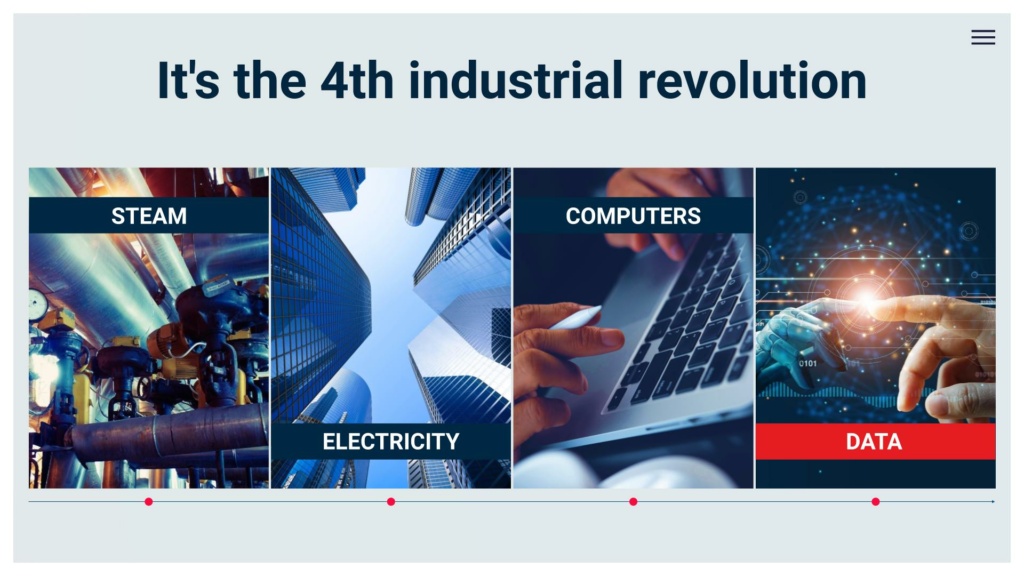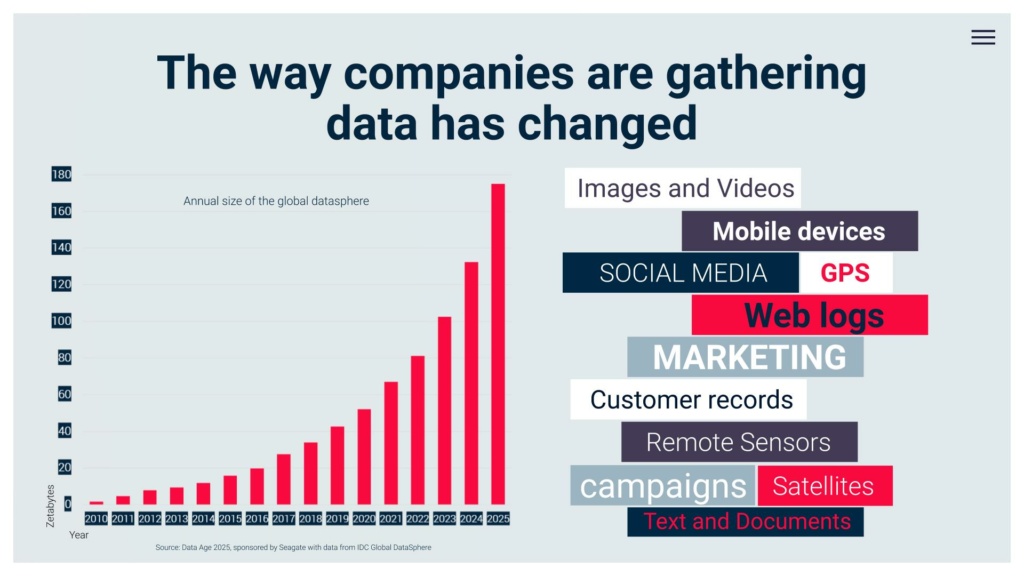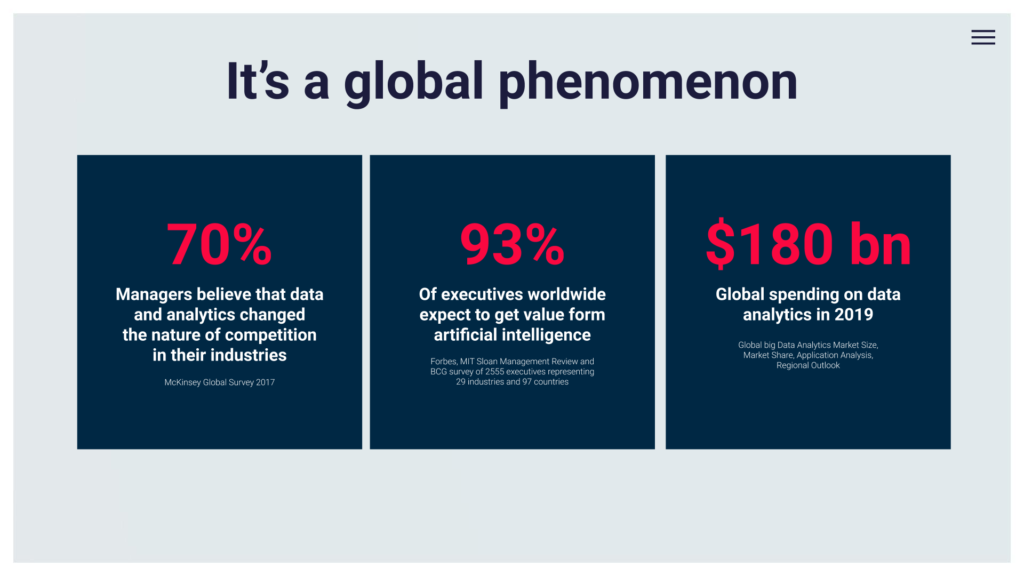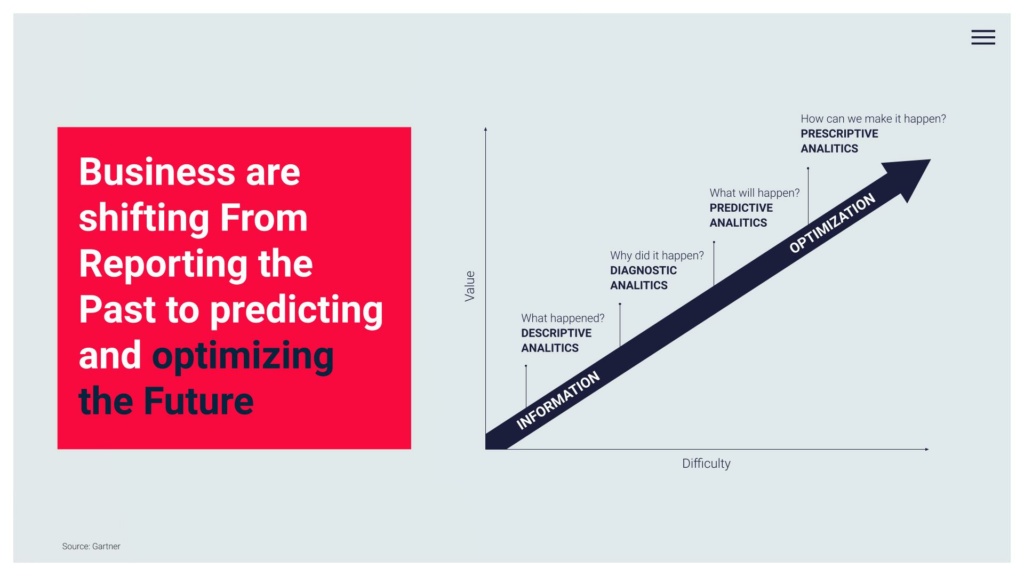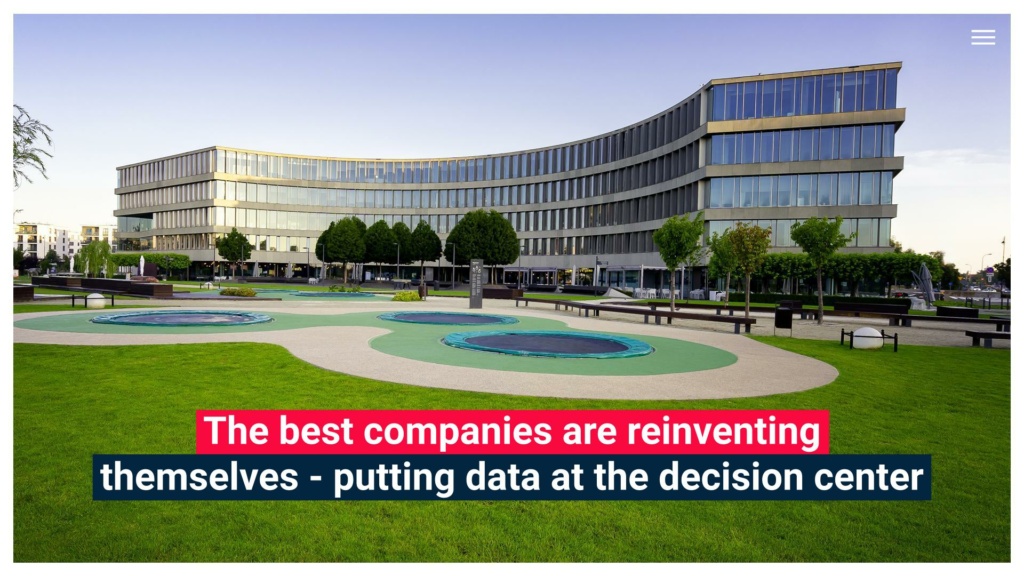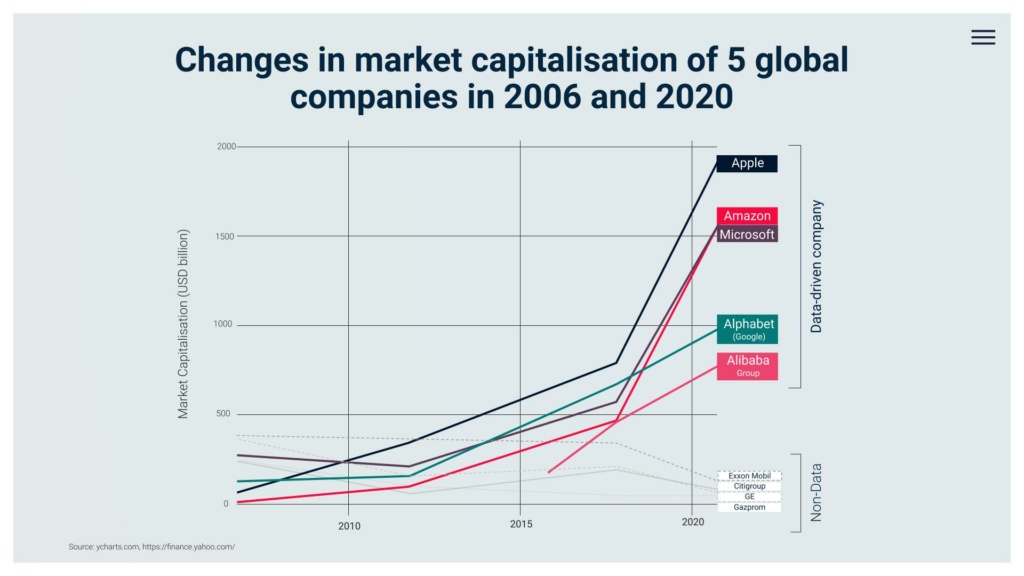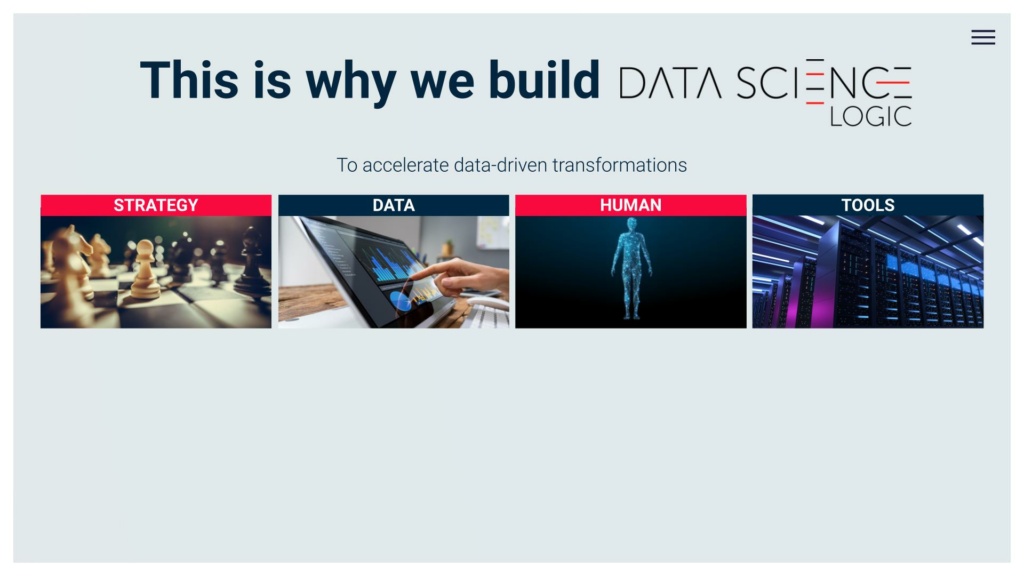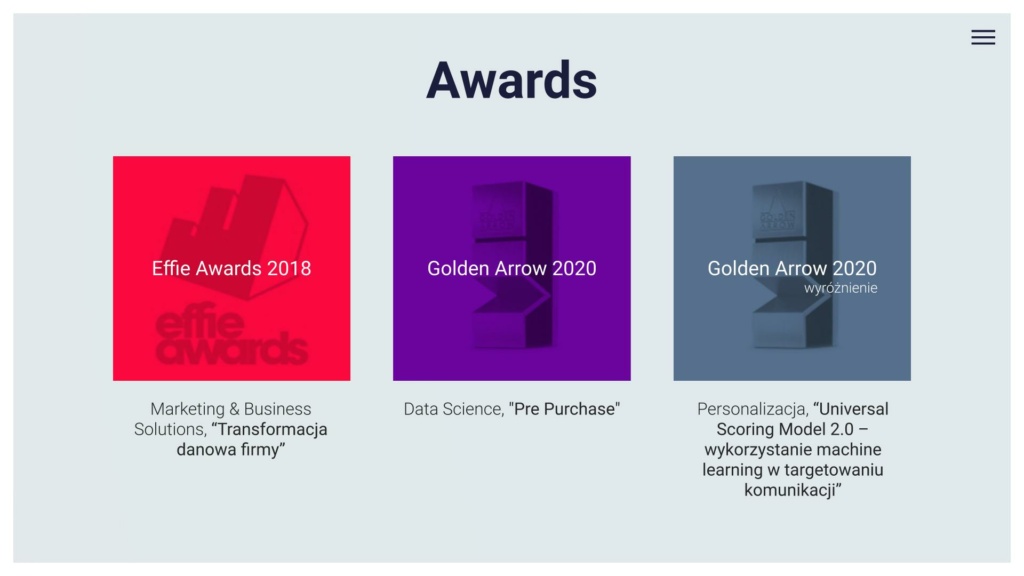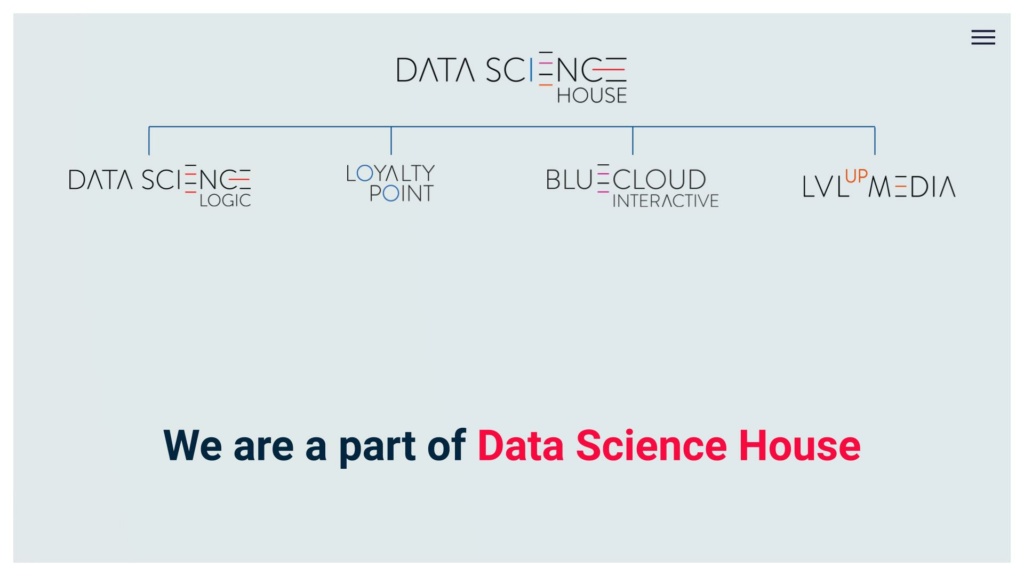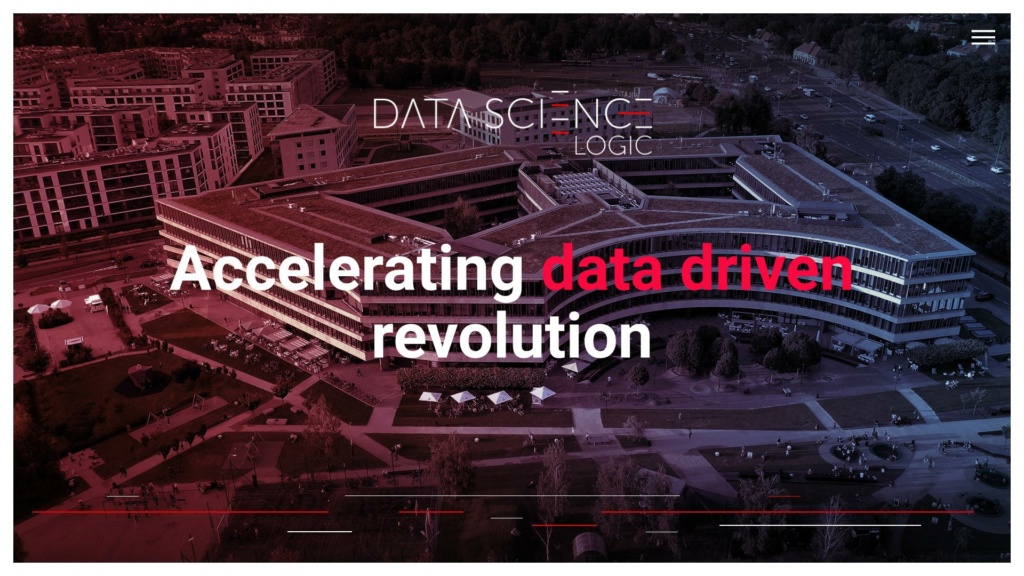Recently, people dealing with Data Science are one of the most sought-after specialists in the labour market. The demand for data scientists is already demonstrated not only by IT industries, but also by companies
that have not yet dealt with the analysis of large information resources.
What competencies should a data scientist have? What should characterise him or her? Are there competencies without which this profession cannot be pursued? The best specialists are described by certain features that distinguish them from the crowd of ordinary analysts.
When we think of employees in this field, we usually look at analytical qualifications. Much less often “soft” skills are mentioned, which are also very important in this industry. Before they start working, data scientists must master
several important skills without which working in this interdisciplinary field would not be possible.
There is my (subjective) list of qualities that every good data scientist should have, and we will start it a bit puckishly
with something that hardly anyone mentions at the beginning, i.e. communication skills.
1. COMMUNICATION
In the work of data scientist it is extremely important to communicate skilfully. The key to success is effective communication during each stage of the project. The specialist has to communicate accurately while defining the problem, analysing it, solving it and also during presentation to other team members. They need to be able to talk to both data scientistsand people who don’t know the industry very well. Explaining data to non-analytical team members is usually the most complicated stage of the communication process during the whole project. It has to be done in an understandable way and using simple language so that team members without technical preparation can assimilate the subject. It is important to be able to explain complicated things in an easy way. Data scientist must remember to adapt the way of communication to the capabilities and needs of their recipient.
2. KNOWLEDGE OF ALGORITHMS AND METHODS
Theoretical and practical knowledge of algorithms is also a solid foundation for understanding and learning new approaches. Scientists involved in data analysis should be able to easily assimilate new methods. Big data is a
topic that is currently in full bloom and will certainly uncover many more of its possibilities. What we know today, tomorrow may turn out to be outdated by new solutions, so an effective data scientist should easily use new,
previously unknown methods and solutions. Studying and using algorithms in practice develops intuition, which contributes to more effective problem solving.
3. PROGRAMMING SKILLS
This may seem obvious, but it is a basis that cannot be forgotten when completing a list of skills of data scientist.
A good knowledge of at least one programming language is a must: R or Python, and, importantly, having the ability
to quickly assimilate, learn and use new unknown tools. The data science industry is growing fast, so effective data scientist can’t stop learning. (S)he should constantly expand their programming skills. The world of data science tools is
changing extremely fast. A good data scientist should be willing to learn and gain new qualifications.
What is more, it is a feature that distinguishes the data scientist from an ordinary analyst. The data scientists must program their solutions to work automatically. Analysis of huge data resources cannot be done on a piece of paper,
so knowledge of any programming language is essential to be able to work efficiently.
4. SQL KNOWLEDGE
Another feature, associated with the previous skill, is knowledge of SQL. One may wonder if this shouldn’t be treated simply as one of the programming languages. But I want to underline its special role. Despite the flourishing NoSQL databases and various alternative ways of storing large data sets, SQL is still irreplaceable in many solutions. It is the most effective way of acquiring and preparing data for further work. Knowledge of SQL is an essential competence of data scientist due to frequent work with huge databases.
5. CURIOSITY
Data scientist must be curious, ask questions and search answers, dig deeper all the time. They should be open to new experiences and constantly looking for better, more modern solutions. The data science industry changes from day to day. Better and better solutions and more interesting methods are being developed. While working in this profession, you have to constantly develop your skills so that one day you don’t find out that you’ve slept through an innovation without which you’re not as productive as you used to be. What counts in the industry is the effectiveness, efficiency and simplicity of solutions, so unsatisfied curiosity is something that accompanies every productive data scientist.
6. SCEPTICISM
Another feature that should characterise a data specialist is common sense. It leads to a rigorous approach to the analyses performed, their verification, a thorough check whether the “discovery” made does not result from an error
in the data, in the applied methodology or in the interpretation of results. You can’t be sure of anything in life, that’s why a data scientist should be scrupulous about what (s)he does and take all results with a ‘pinch of salt’. Scepticism allows you to be critical even of your own work results, which can eliminate the possibility of error.
7. BUSINESS APPROACH
To understand the problem to be solved by a data scientist, it is good to know a little about the business the query is about. Understanding the wider context and conditions in which business operates is often necessary to achieve the best results. Without this it is difficult to find the right method to solve the problem.
Summary, an effective data scientist must combine analytical, programming, business, and soft skills such as ease of communication. Not without reason, the data scientists are the most sought-after specialists in the labour market.
It is not easy to meet all the requirements, but many of them can be learned through continuous improvement
of one’s work. However, if you meet all the requirements to be a data scientist, you can contribute to innovative problem-solving in many industries, and finding an interesting job with many career opportunities will not be
a problem at all.







